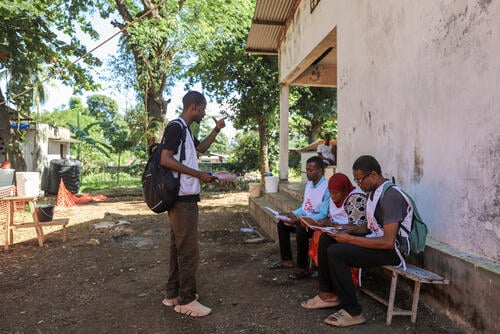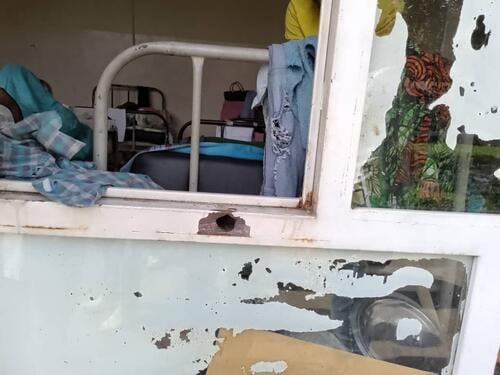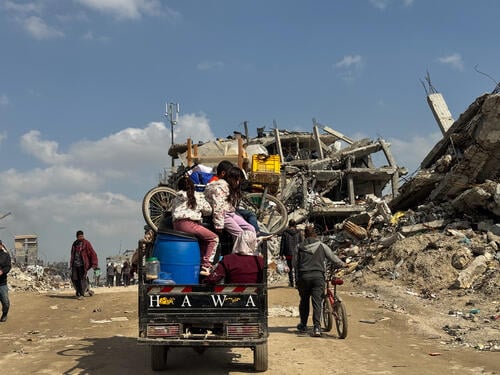On 2 February 2024, an unprecedented cholera epidemic was declared by the government of Comoros, an archipelago off the east coast of Africa.
Comoros has experienced several waves of epidemics since 1975, but this latest one saw a significant number of Comorians affected by the disease, with more than 200 cases a day recorded at the peak of the epidemic. The country recorded 10,342 cases and 149 deathsAs of 31 July 2024, many of which occurred in remote communities, like Mremani.
At the request of the government, Médecins Sans Frontières (MSF) teams set up an emergency response on the island of Anjouan, the hardest hit by the disease, and on the island of Moheli.
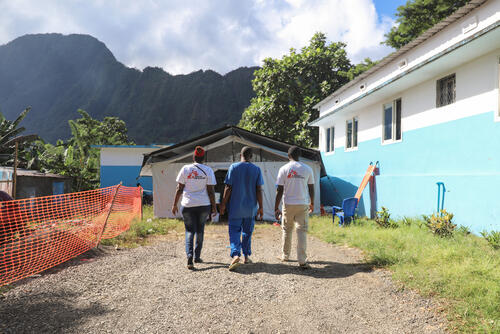
In Anjouan, we provided direct support to improve case management in two cholera treatment centres integrated in the hospitals in Hombo and Domoni and two cholera treatment units in Pomoni and Mremani. We also supervised and provided trainings at oral rehydration points spread across the island. In Moheli, our teams worked to improve patient management and reinforce sanitation and hygiene activities.
In addition to efficiently treating cases of cholera, one pillar of the response was prevention. In collaboration with the Ministry of Health, our teams launched a mass vaccination campaign targeting all Comorians, with the aim of developing collective immunity and preventing the spread of cholera.
Building trust with community members
“In any type of epidemic, the community plays a key role,” says Frédéric Lai Manantsoa, MSF’s emergency coordinator in Comoros. “It is the cornerstone of the fight against the spread of the disease. Therefore, it is essential to involve them in the campaign, particularly in raising awareness. However, we had to face up to a major challenge: the communities’ denial of the existence of the disease.”
A large proportion of the Comorian community did not believe that the disease existed, and because the oral vaccine, Euvichol-plus, was little known, its acceptance was not without difficulties. Our teams engaged with communities on numerous rumours.
For example, some people feared the vaccine’s side-effects, claiming that the vaccine encouraged people to contract cholera. Community involvement and mobilisation played a major role in encouraging people to be vaccinated.
“One example of collaboration with community and religious leaders is the imams, who have been raising awareness among people every Friday,” says Lai Manantsoa. “This strategy greatly helped to achieve our objectives.”
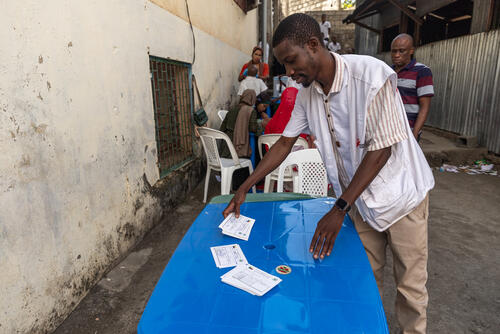
In the end, our teams were able to vaccinate 79 per cent of the population of Anjouan, a total of 276,150 people. And in Moheli we vaccinated 73 per cent of people.
Community engagement strategies
Awareness-raising relied mainly on existing infrastructures, in particular the Risk Communication and Community Engagement Committee, which brought together community leaders, the Anjouan regional health department and various humanitarian organisations like UNICEF, the Comorian Red Crescent, IFRC, and WHO.
Mass awareness-raising was done through local media, including TV, radio and social networks, and this was reinforced with various community approaches, such as community engagement in schools, mosques, main public places, door-to-door campaigns, and meetings with community leaders.
The involvement of influential social groups, like youth and women's associations, and the ongoing analysis of community opinions and suggestions helped our teams adapt their messages for community dissemination during the vaccination campaign.
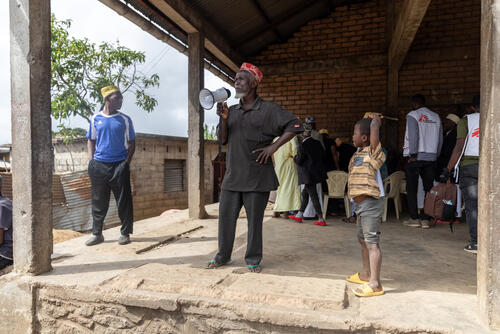
Of all east African countries affected by cholera, such as Tanzania and Mozambique, Comoros archipelago was the only one to receive the required quantity of Euchivol-plus, the oral cholera vaccine, for its entire population from the International Coordinating Group for Vaccines. This is an opportunity that other countries where cholera is endemic have not been able to take advantage of, preventing an optimal medical response.
The combination of high-quality care and a mass vaccination campaign had positive results. As of 31 July 2024, there were no reported cases of cholera.



